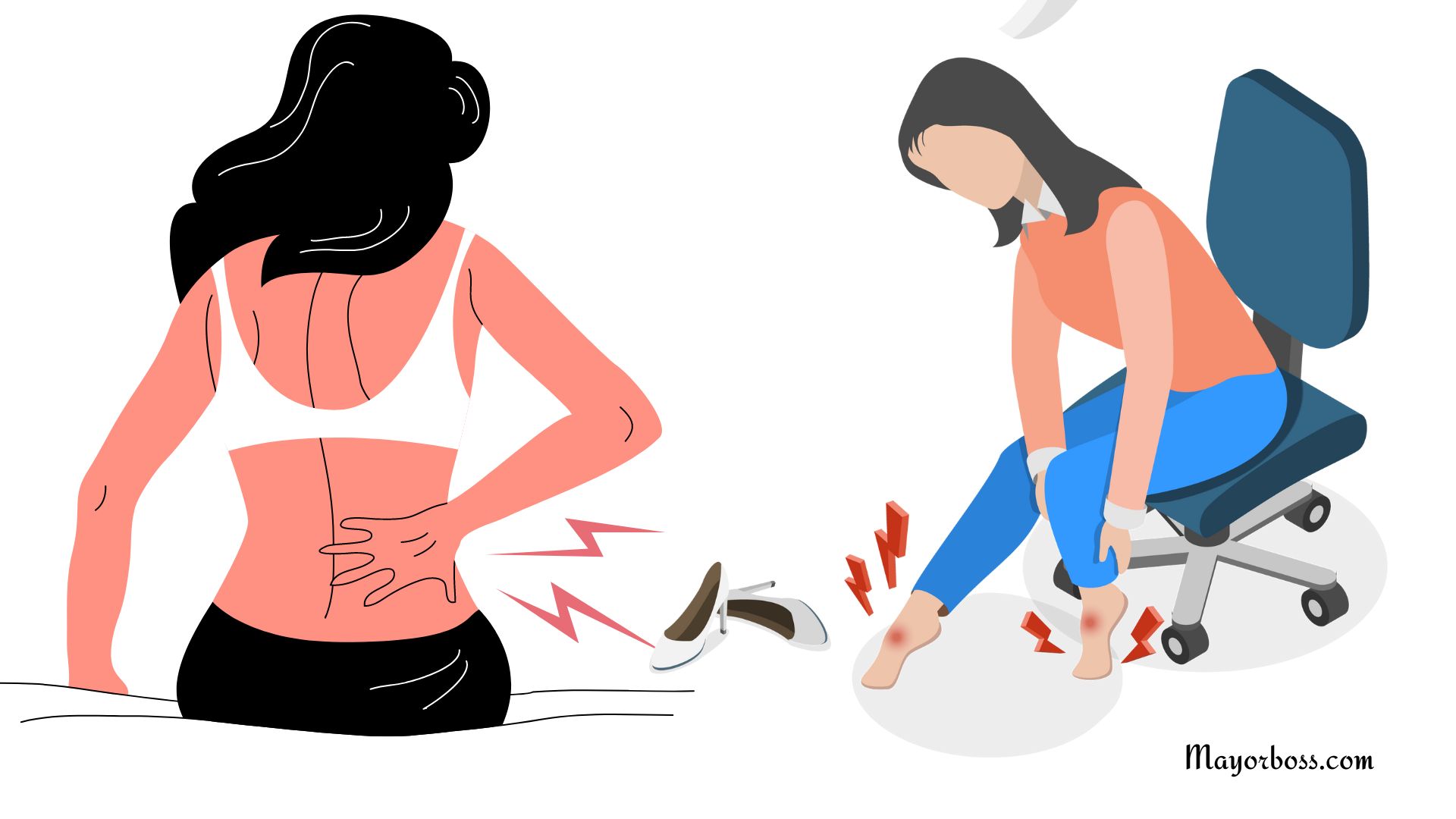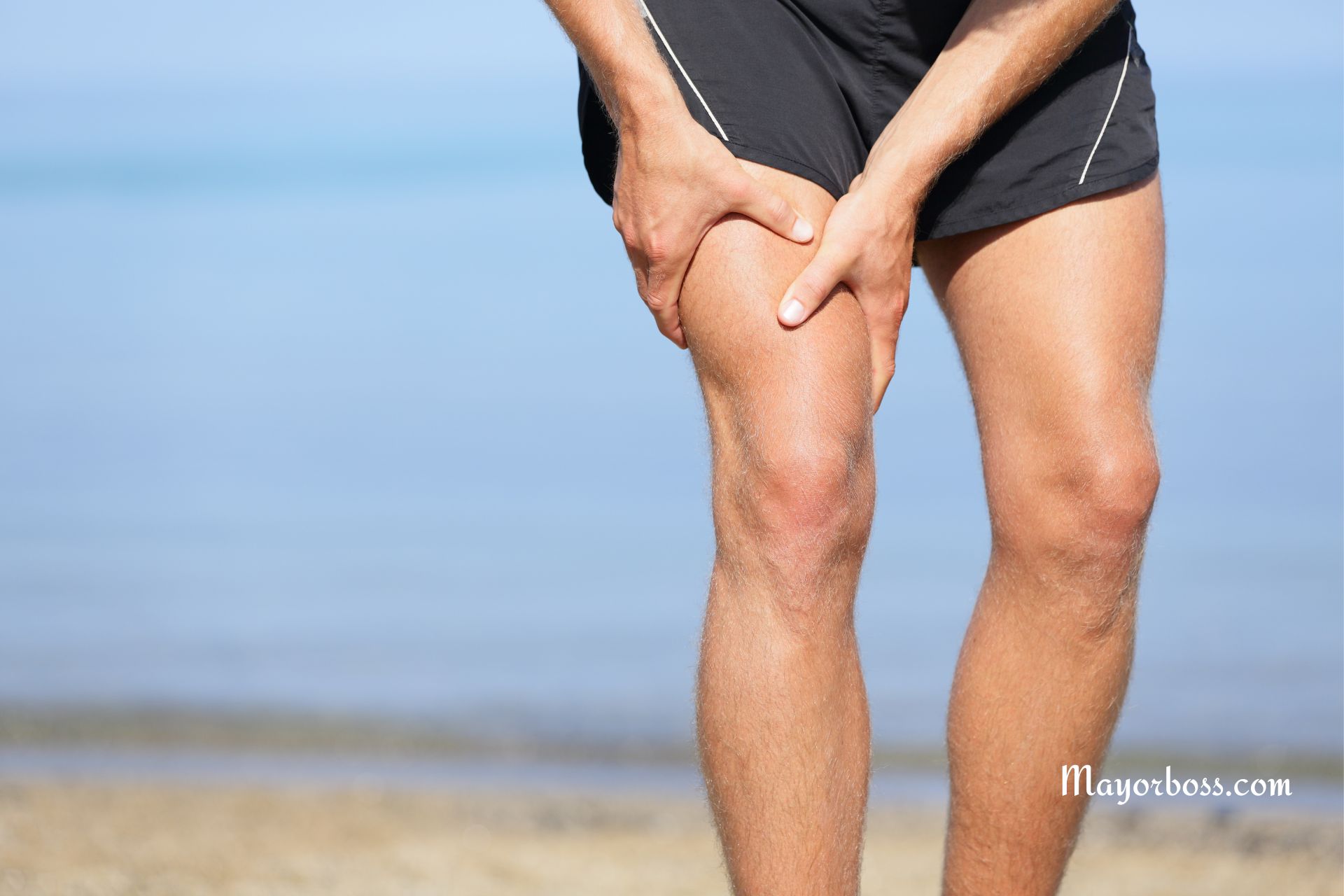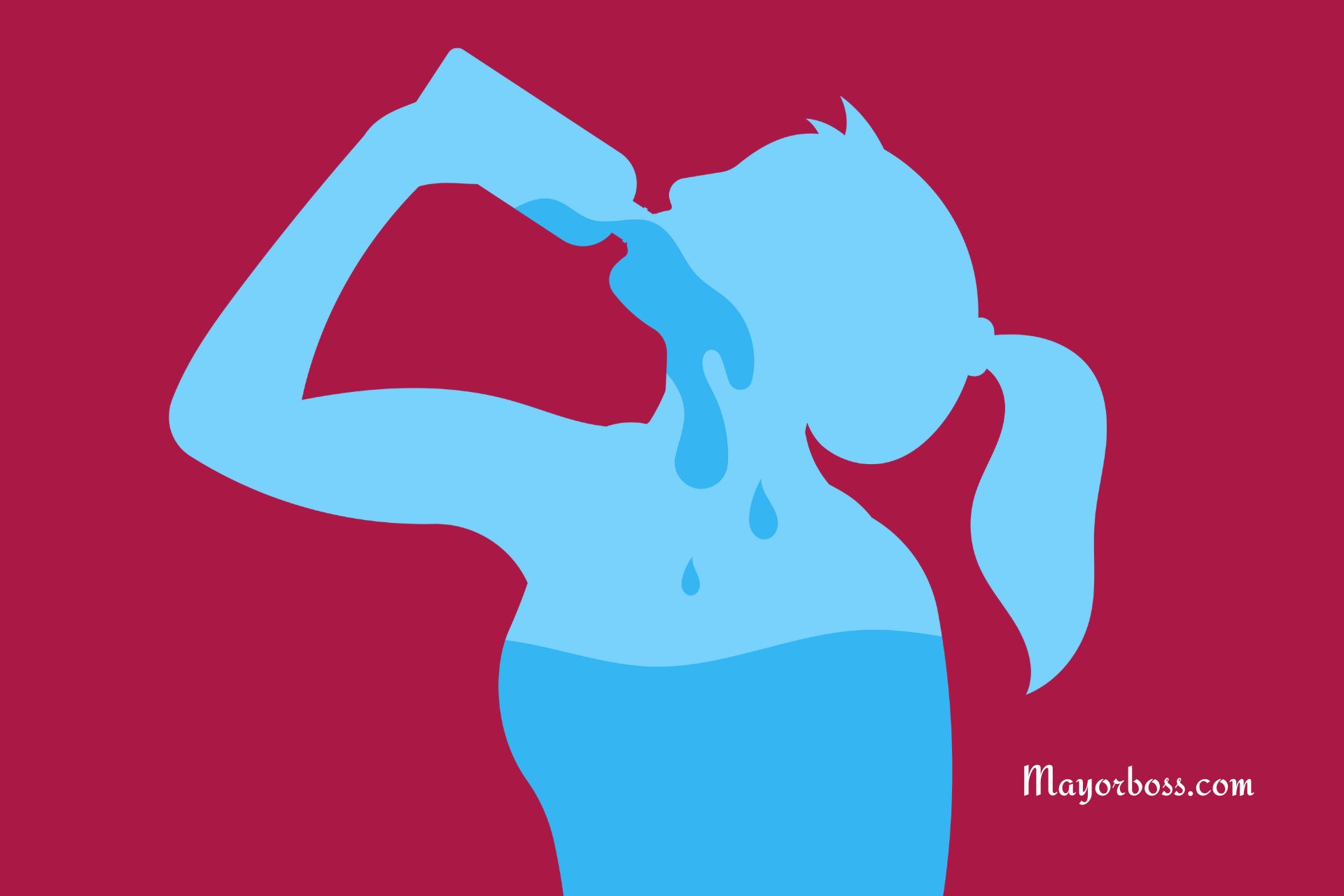How to Relieve Muscle Pain
Muscle pain is something almost everyone has felt at some point. Whether it’s from hard exercise, stress, or an unexpected twist or strain, muscle pain can ruin your day. Luckily, there are many ways to help ease muscle pain and get you feeling better. Please continue reading to learn more some ways to relieve muscle pain.

Using Ice or Heat Can Help Relieve Muscle Pain
When your muscles hurt, one of the easiest and most effective things you can do is apply ice or heat. The choice between the two depends on what caused the pain. Ice is best for reducing swelling and is especially helpful right after an injury, like a sprain or pulled muscle. It works by numbing the area and making the blood vessels smaller, which reduces swelling.
Heat therapy is better for relaxing stiff or tight muscles. Using heat makes blood flow increase, which helps bring oxygen and nutrients to the area, making it heal faster. Heat is best for long-lasting muscle soreness, like after a tough workout or sitting for too long. You can use a heating pad, take a warm bath, or use a hot towel.
Gentle Stretches and Light Exercises Can Help Reduce Muscle Stiffness
Stretching might seem like the last thing you want to do when your muscles hurt, but gentle stretches can really help. Stretching makes you more flexible and helps loosen up stiff muscles by improving blood flow to the area. Start with easy stretches like touching your toes or doing light yoga.
Along with stretching, low-impact exercises like walking or swimming can also help relieve muscle pain. Light movement helps loosen tight muscles and keeps them from getting stiffer. Plus, exercise makes your body release endorphins, which are natural chemicals that help reduce pain and improve your mood.
Over-the-Counter Pain Relievers Can Provide Quick Relief
For quick relief, over-the-counter (OTC) pain relievers can be very helpful. Nonsteroidal anti-inflammatory drugs (NSAIDs) like ibuprofen or aspirin are often used to reduce swelling and relieve muscle pain. They work by blocking certain chemicals in the body that cause pain and swelling.
But it’s important to use these medications as directed. Taking too much can cause side effects, like stomach problems. If you’re not sure which pain reliever is best for you, talk to your doctor.
Massage Can Help Relieve Muscle Tension
Massage is another great way to relieve muscle pain. A professional massage therapist can help with specific muscle groups that are causing you trouble. Massage helps increase blood flow, reduce tension, and relax sore muscles.
You can also try self-massage at home. You can use a foam roller or a massage ball to apply gentle pressure to tight areas, especially after exercise. Just be careful not to push too hard—you don’t want to make the pain worse.
Drink Plenty of Water to Prevent Muscle Cramps and Pain
Staying hydrated is very important for preventing and treating muscle pain. Muscles need enough water to work well, and dehydration can cause muscle cramps and soreness. Water helps carry nutrients to your muscles, especially after exercise.
If you’re very active, consider drinking drinks with electrolytes to replace the salts lost when you sweat. Coconut water or sports drinks can help keep the right balance of sodium and potassium, which are important for muscle health.
Get Enough Sleep to Help Your Muscles Recover
Sleep is when your body heals itself, including your muscles. Getting enough sleep allows your body to make growth hormones, which are important for repairing muscle tissues. Try to get 7-9 hours of sleep each night to help your muscles recover. If you have trouble sleeping because of muscle pain, use a supportive pillow or mattress to ease the pressure on sore spots.
Eating Magnesium-Rich Foods Can Help Muscle Pain
Magnesium is a mineral that helps relax muscles and reduce cramping. Many people don’t get enough magnesium in their diet, which can lead to muscle pain. Foods high in magnesium include spinach, almonds, bananas, and dark chocolate. Adding these foods to your diet can help your muscles heal faster and reduce soreness.
Taking an Epsom Salt Bath Can Soothe Sore Muscles
Epsom salt baths have been used for a long time to help with muscle pain. Epsom salt has magnesium sulfate, which can be absorbed through the skin and help relax muscles and reduce pain. Just add two cups of Epsom salt to warm bathwater, and soak for about 15-20 minutes. This not only helps sore muscles but also helps you relax.
Herbal Remedies Like Turmeric and Ginger Can Help With Muscle Pain
Turmeric and ginger are known for their anti-inflammatory effects. Turmeric has curcumin, which helps reduce swelling, and ginger is often used to help with different types of aches, including muscle pain. You can add these spices to your food, drink them as teas, or take supplements if you want. But remember, there isn’t a lot of strong scientific proof for herbal remedies, so they should be used along with other treatments, not instead of them.
When to See a Doctor About Muscle Pain
Sometimes, muscle pain can mean something more serious is going on. If you have severe pain, swelling, numbness, or pain that doesn’t get better with home treatments, it’s important to see a doctor. These could be signs of a more serious problem, like a muscle tear or another medical issue that needs professional care.
The Bottom Line
Muscle pain can be annoying, but there are many ways to help your muscles feel better. From using ice or heat, gentle stretching, and over-the-counter pain medicine to taking an Epsom salt bath—these methods can all help ease your pain. Stay hydrated, eat healthy, and make sure to rest, as these are key to keeping your muscles in good shape. And if you’re not sure what’s causing your muscle pain, always check with your doctor.






